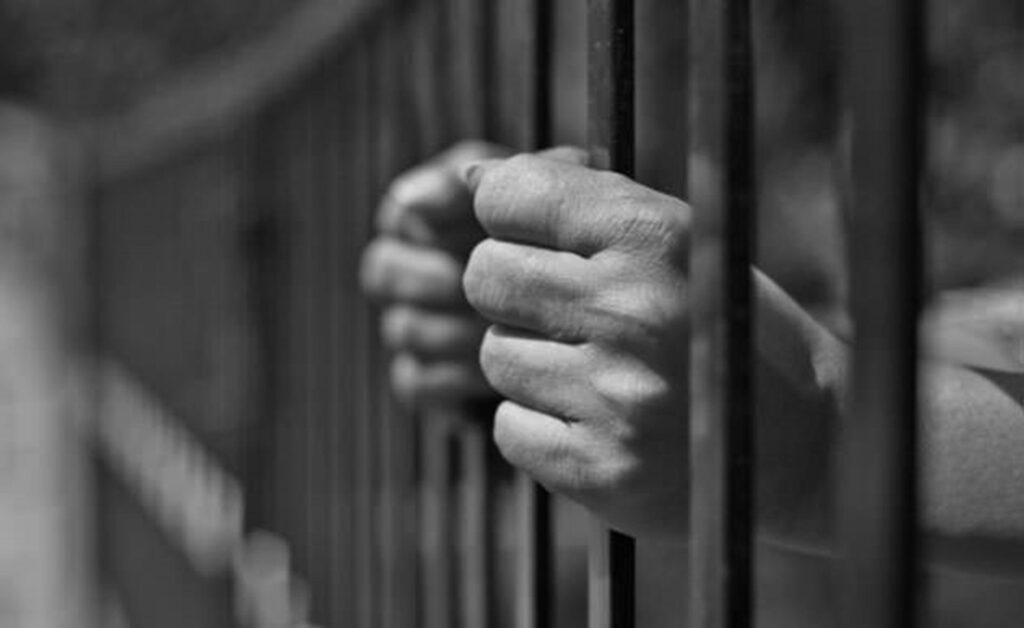Batson challenges in Creek County play a key role in the criminal justice system, as they support the right to a fair and impartial jury, including protection from racial discrimination during jury selection. When attorneys exclude jurors based on race or gender, defense lawyers can use a Batson challenge to uphold constitutional fairness. Named after the U.S. Supreme Court decision in Batson v. Kentucky, this legal tool plays a vital role in Oklahoma criminal trials.
To see this post as a video, click here.
What Are Batson Challenges in Oklahoma?
When defense attorneys believe prosecutors are striking jurors based on race, ethnicity, or gender, they can raise a Batson challenge during jury selection. Although both sides may use peremptory challenges to strike jurors without explanation, the U.S. Supreme Court ruled in Batson that no one can use those strikes for discriminatory purposes.
The U.S. Supreme Court created a three-step process that Oklahoma courts now apply in criminal trials.
- Make a Prima Facie (On First Sight) Case
The defense must first present evidence suggesting the prosecution excluded a juror based on race or another protected characteristic. - Demand a Race-Neutral Explanation
If the judge finds the defense’s concern valid, the prosecutor must offer a clear, race-neutral reason for the strike. - Evaluate Discriminatory Intent
The judge then evaluates the prosecutor’s explanation and decides whether discrimination motivated the strike. If the judge finds purposeful discrimination, they can reseat the juror or order other corrective measures.
Oklahoma trial judges actively follow this process to ensure fair jury selection. Thus, this helps maintain a person’s right to due process, which is one of the most important legal aspects of the judicial branch.
Expanding Batson Beyond Race
While Batson focused on race-based strikes, Oklahoma courts now prohibit strikes based on gender, ethnicity, or national origin. Although Oklahoma courts haven’t extended Batson challenges to religion or sexual orientation, defense attorneys often preserve those objections for appeals. Courts across the country continue to debate and develop this area of law.
How to Use a Batson Challenge in a Creek County Criminal Case
If you are on trial in Creek County and suspect that the prosecution is striking potential jurors based on race, ethnicity, or gender, you can raise a Batson Challenge. Here’s how the Batson process works in Oklahoma courts:
1. Step One: Make a Timely Objection
During jury selection, if the prosecution uses a peremptory strike to remove a juror and you believe it was for a discriminatory reason, your attorney must immediately object. The objection should state that the strike violates Batson and identify the race, gender, or ethnicity involved. At this stage, you are not required to prove discrimination—only to show that the circumstances raise an inference of bias.
2. Step Two: Require a Race-Neutral Explanation
If the court agrees that your objection raises an inference of discrimination, the burden shifts to the prosecution. The prosecutor must then offer a race-neutral (or gender-neutral) reason for striking the juror. This explanation does not need to be persuasive or even plausible—only facially neutral under the law.
3. Step Three: Court Decides Intent
The judge must then determine whether the prosecutor’s explanation is genuine or merely a pretext for discrimination. The court considers all relevant facts, including patterns of strikes, the prosecutor’s questions during voir dire, and any disparate treatment of jurors. If the court finds intentional discrimination, it must take corrective action—usually by reseating the juror or declaring a mistrial.
Creek County Criminal Attorneys
If you face criminal charges in Creek County, you need a defense attorney who doesn’t just fight the facts, but also fights for your right to an unbiased jury. Without counsel, your chances of succeeding in a Batson Challenge are slim. Luckily, our team at Creek County Attorneys can help you through this. Call our criminal defense attorneys at 918-209-3709 for a free and confidential consultation or ask a legal question here.

